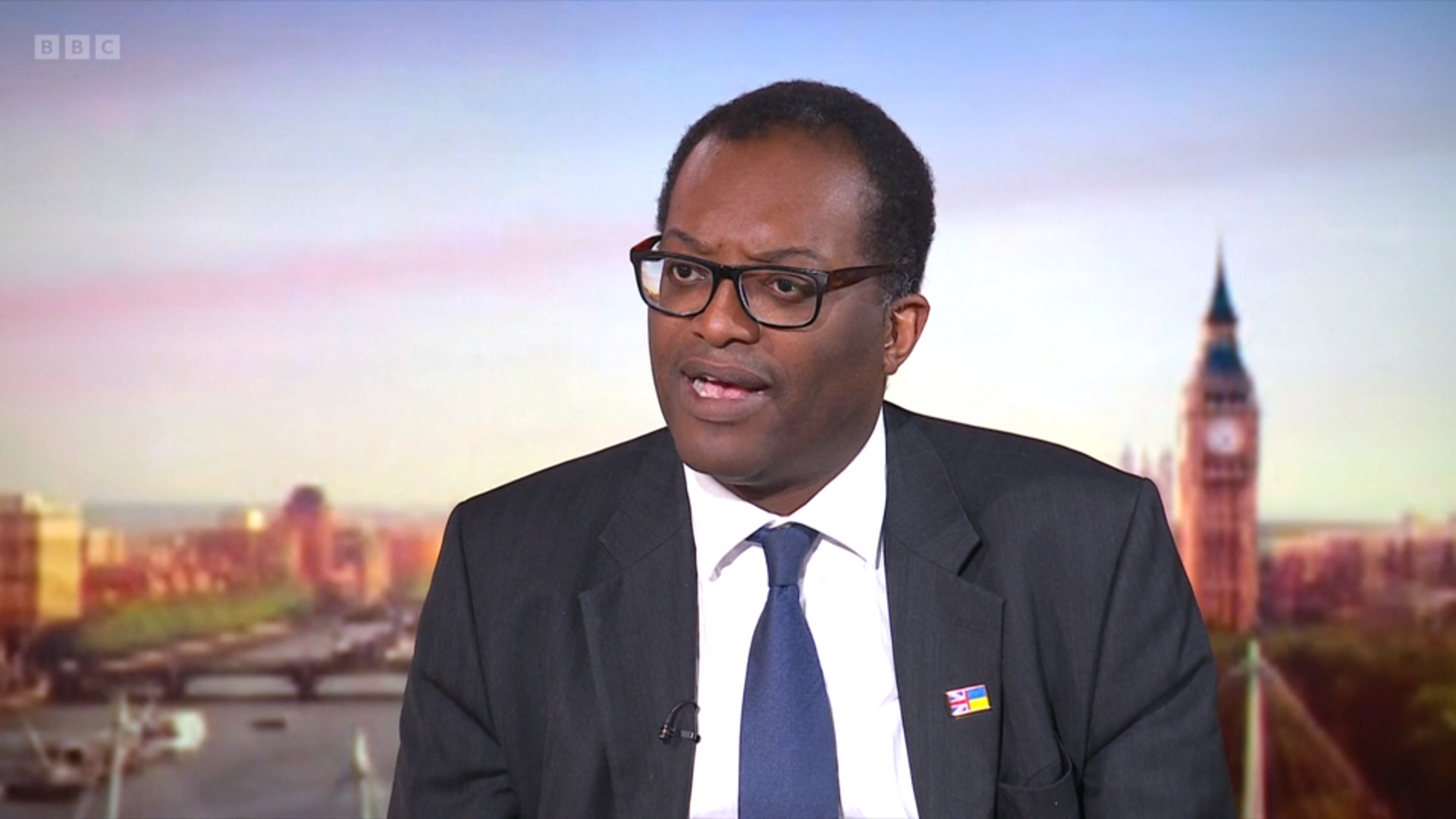Energy suppliers given three weeks to explain ‘excessive direct debit hikes’
Kwasi Kwarteng accuses firms of increasing customers’ payments ‘beyond what is required’

Some energy suppliers have excessively hiked customers’ direct debit payments beyond what is required, the business secretary has said as he gave them a three-week deadline to explain themselves or face “substantial fines”.
Household energy bills have soared in the UK after the regulator Ofgem raised its price cap by 54 per cent in April in response to a record rise in wholesale gas prices - bringing an average increase of £693.
But the regulator warned a fortnight later that it had seen “troubling signs” of “bad practices” by some suppliers, including potentially “increasing direct debit payments by more than is necessary”, amid reports that some customers have seen their payments double – or even triple.
In a blog post on 14 April, Ofgem’s chief executive, Jonathan Brearley, said there were also concerns regarding some suppliers’ “troubling” treatment of vulnerable customers when they fall into difficulties, and of firms potentially “directing customers to tariffs that may not be in their best interest”.
Mr Brearley said Ofgem was commissioning a series of market compliance reviews that would include “stricter supervision of how direct debits are handled” by suppliers and ensure they are “held to higher standards for overall performance on customer service and protecting vulnerable customers”.
Upping the ante on Tuesday afternoon, Kwasi Kwarteng outright accused some suppliers of “increasing direct debits beyond what is required” – and said some could face “substantial fines”.
He said: “Some energy suppliers have been increasing direct debits beyond what is required.
“I can confirm Ofgem has today issued compliance reviews. Suppliers have three weeks to respond. The regulator will not hesitate to swiftly enforce compliance, including issuing substantial fines.”
Dozens of energy suppliers have collapsed in the UK in the space of little more than a year, leaving behind millions of customers, and potentially adding billions of pounds to the cost of energy bills.
But Mr Brearley claimed last month that “one of the root causes of the failures of many of those suppliers” is related to the way that they have managed the money paid to them by customers.
The Ofgem chief accused some firms of using customer credit balances “to prop up their finances, enabling them to follow more risky business models with reduced financial resilience and higher likelihood of failure”.
A spokesperson for Energy UK, which represents energy companies, told the BBC on Tuesday: “Suppliers are required to set [direct debits] at a fair and reasonable level based on the customer’s individual circumstances, taking into account factors like previous energy use or record with previous payments.
“It is right that the regulator is looking to ensure that suppliers are complying with those requirements. Customers who do have concerns with the level of their direct debit payments should contact their supplier.”
Inflation and the cost of living crisis have emerged as the top issues in local elections across the UK on Thursday, and Boris Johnson has faced increasing calls from opposition parties to impose a windfall tax on energy giants to ease the burden of household bills.
But Cabinet divisions over such a move were exposed this week, as Mr Kwarteng argued firmly against an “arbitrary” windfall tax, just days after the chancellor, Rishi Sunak, indicated he was ready to consider the move.
Pressed repeatedly over the idea in interviews on Tuesday, Mr Johnson rejected the move, saying: “If you start whacking huge taxes on business, in the end you deter investment and you slow down growth.”
“If BP wants to pay a windfall tax then that’s another matter but the clear advice we have is that we need those big companies to invest,” he told Times Radio, adding: “We are in constant discussion with them.”
Join our commenting forum
Join thought-provoking conversations, follow other Independent readers and see their replies
Comments

Bookmark popover
Removed from bookmarks